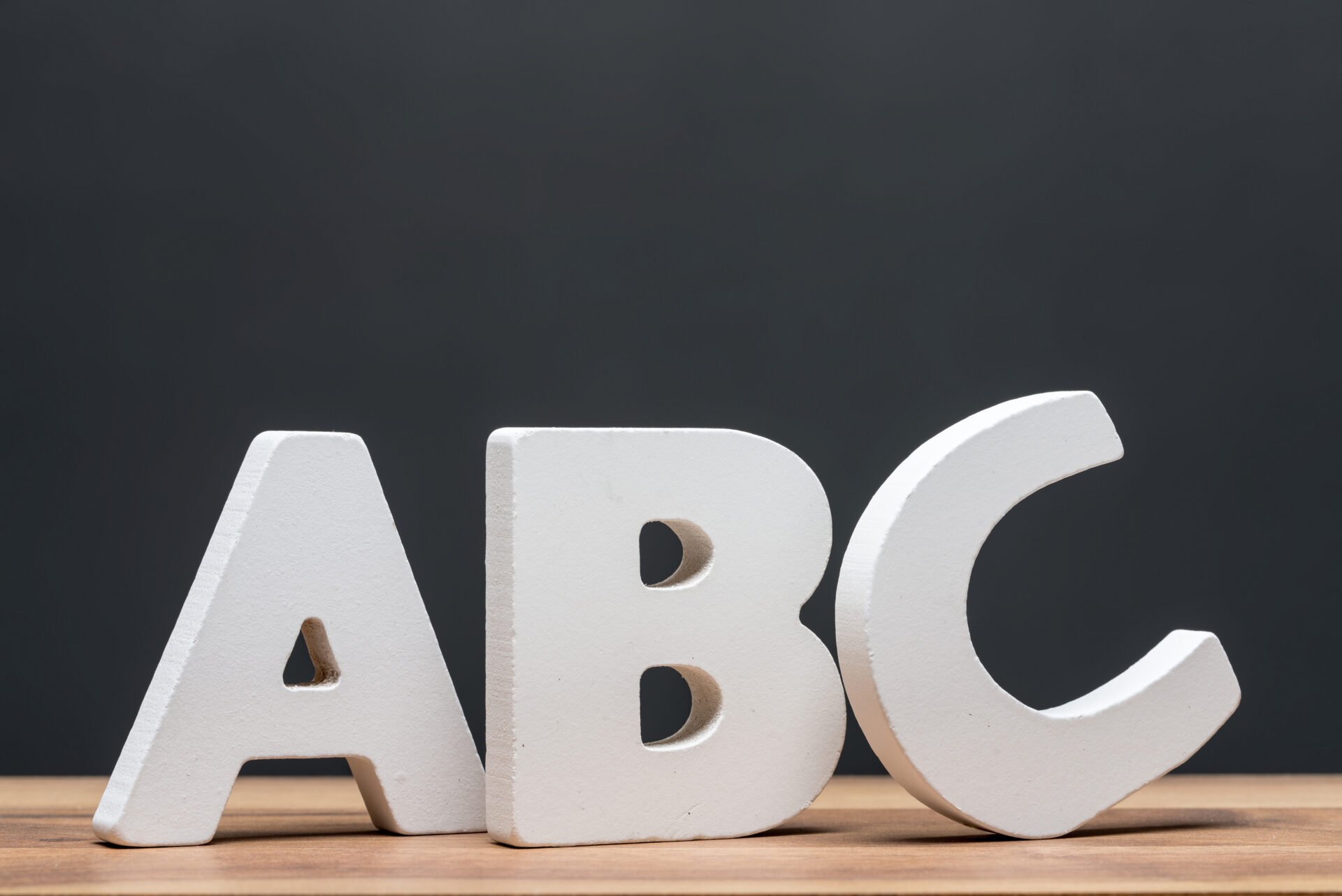You’re in the middle of a 1031 exchange, everything’s going smoothly, and then suddenly – your buyer needs more time to close. What now? This situation can send even seasoned investors into a panic, but don’t worry. Let’s break down what a 1031 exchange contract extension means for your exchange and what options you have.
Understanding the Timeline Crunch
First, let’s recap the critical 1031 exchange deadlines:
- 45-day Identification Period: You have 45 days from the sale of your relinquished property to identify potential replacement properties.
- 180-day Exchange Period: You must close on your replacement property within 180 days of selling your relinquished property, even if you have a 1031 exchange contract extension.
When a buyer requests an extension on your relinquished property, it doesn’t change these deadlines. The clock starts ticking from the day you close on the sale, not the day you originally planned to close.
The Risks of Granting an Extension
Granting an extension to your buyer can pose several risks:
- Shortened Time Frame: You’ll have less time to identify and close on a replacement property, especially with a 1031 exchange contract extension.
- Market Changes: The real estate market could shift, affecting the availability or price of potential replacement properties.
- Failed Exchange: In a worst-case scenario, you might not be able to complete the exchange within the required timeframe, resulting in a taxable event.
Your Options
Despite these risks, you’re not without options. Here are some strategies to consider:
1. Negotiate with the Buyer
- Ask for a non-refundable deposit in exchange for the extension.
- Request that the buyer cover any additional costs you might incur due to the delay.
2. Reverse Exchange
If you’ve already identified a replacement property, consider a reverse exchange. In this scenario, you acquire the replacement property before selling the relinquished property. This can be complex and more expensive, but it might save your exchange.
3. Installment Sale
Structure the sale as an installment sale, where you receive payments over time. This can give you more flexibility with the 1031 exchange timelines if you need a contract extension.
4. Consider Alternative Replacement Properties
If you haven’t identified replacement properties yet, look for options that can close quickly, such as DSTs (Delaware Statutory Trusts) or other securitized real estate investments.
5. Be Prepared to Walk Away
If the extension puts your entire exchange at risk, be prepared to decline and potentially find a new buyer who can close within your timeframe.
The Bottom Line
While a buyer requesting an extension during your 1031 exchange isn’t ideal, it’s not necessarily a deal-breaker. The key is to act quickly, understand your options, and make informed decisions. Remember, the success of your exchange depends on meeting those IRS deadlines, even if it means dealing with a 1031 exchange contract extension.
If you find yourself in this situation, don’t panic. Reach out to your qualified intermediary and legal advisor immediately. They can help you navigate this challenge and find the best solution for your specific circumstances.
At WealthBuilder 1031, we’re here to guide you through every step of your 1031 exchange, including unexpected hurdles like buyer extensions. Call us at 888-508-1901 for personalized advice on how to protect your exchange and maximize your investment potential, even if you need a 1031 exchange contract extension.

The ABC’s of 1031 Exchanges: A Simple Guide to Tax-Deferred Real Estate Investing

Non-Conforming States: What Investors Need to Know About 1031 Exchange State Rules



